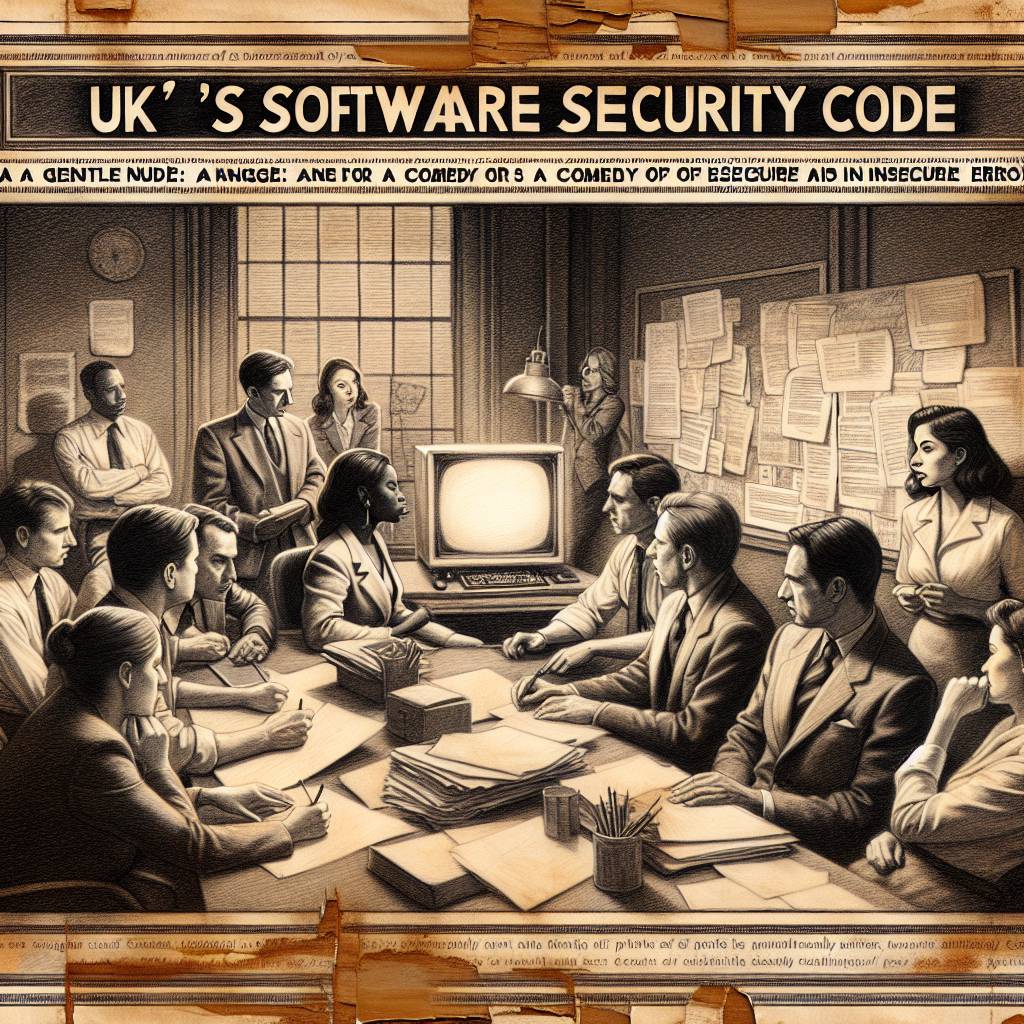UK’s Software Security Code: A Gentle Nudge or a Comedy of (Insecure) Errors?
The UK government’s new Software Security Code of Practice hopes to guide software vendors toward “secure-by-default” practices. This voluntary framework aims to address market failures where essential security features are often costly add-ons. Will this nudge vendors in the right direction or is it just wishful thinking? Only time—and hackers—will tell!

Hot Take:
Oh, the sweet irony of it all! The UK government takes another bold step to ensure that software vendors don’t sell us Ferraris with the security features of a go-kart. Enter the “secure-by-default” Software Security Code of Practice! It’s like a nudge to software vendors, reminding them that security shouldn’t be an optional extra, like heated seats. Will this voluntary initiative truly turn software makers into security saints, or will it end up as the digital version of broccoli at a dessert buffet? Only time will tell!
Key Points:
– The UK government is introducing a voluntary Software Security Code of Practice to establish security baselines for software vendors.
– Co-authored by the NCSC and the Department for Science, Innovation and Technology, it outlines 14 baseline principles.
– The initiative is voluntary but may evolve into mandatory regulations, similar to the evolution of IoT security laws in the UK.
– Vendors will face scrutiny on SBOM accuracy, build-pipeline logs, and security update speed.
– The approach aims to prioritize security over features, addressing concerns raised by industry experts like JPMorgan Chase’s Pat Opet.
